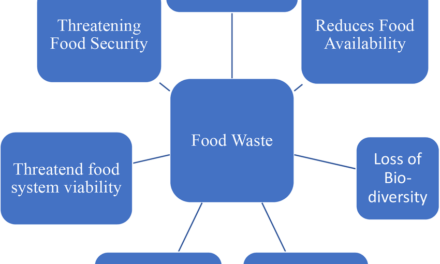Animal products provide several essential nutrients that are beneficial to human health, but they also come with certain drawbacks, especially when consumed in excess. Here’s a breakdown of the nutritional benefits and drawbacks of animal products:
Nutritional Benefits of Animal Products
- High-Quality Protein
- Animal products are rich in complete proteins, meaning they contain all nine essential amino acids required for the body’s proper function. This is particularly important for muscle growth, immune function, and overall body repair.
- Common animal products like meat, fish, eggs, and dairy are excellent sources of high-quality protein.
- Vitamins and Minerals
- Vitamin B12: Found only in animal products, vitamin B12 is crucial for nerve function, red blood cell production, and DNA synthesis. A deficiency can lead to anemia and neurological issues.
- Iron: Animal-based iron (heme iron) is more easily absorbed by the body compared to plant-based iron. Iron is essential for oxygen transport in the blood and overall energy production.
- Zinc: Animal products like meat, poultry, and dairy are rich in zinc, which supports immune function, wound healing, and DNA synthesis.
- Calcium: Dairy products such as milk, cheese, and yogurt are key sources of calcium, which is essential for strong bones and teeth, as well as muscle function.
- Omega-3 Fatty Acids: Fatty fish like salmon, mackerel, and sardines are rich in omega-3 fatty acids, which promote heart health, reduce inflammation, and support brain function.
- Healthy Fats
- Certain animal products, like fatty fish, contain healthy fats, including omega-3s, which are essential for reducing inflammation and supporting cardiovascular health.
- Eggs provide healthy fats, including monounsaturated fats and polyunsaturated fats, which are important for maintaining healthy cell membranes and brain function.
- Other Nutrients
- Vitamin D: Found in fatty fish, liver, and fortified dairy products, vitamin D is crucial for bone health and immune system support.
- Choline: Present in eggs and meat, choline is important for brain health and liver function.
Nutritional Drawbacks of Animal Products
- High Saturated Fat Content
- Many animal products, particularly red meat and full-fat dairy, are high in saturated fats, which can contribute to an increased risk of heart disease, high cholesterol, and stroke when consumed in excess. This is particularly concerning for individuals at risk for cardiovascular issues.
- While some animal fats (like those from fatty fish) are healthy, many animal-based foods contain unhealthy fats that can lead to inflammation and other health problems.
- Cholesterol
- Animal products, especially meat, eggs, and full-fat dairy, contain cholesterol. High dietary cholesterol can contribute to an increase in blood cholesterol levels, particularly in individuals who are sensitive to it. This is linked to an increased risk of heart disease and other cardiovascular problems.
- Processed Meat Concerns
- Processed meats like bacon, sausage, and hot dogs are high in sodium, preservatives, and nitrates, which are linked to increased risks of hypertension, heart disease, and certain cancers, particularly colorectal cancer. The high levels of salt and unhealthy fats make processed meats particularly harmful when consumed regularly.
- Risk of Overconsumption of Calories
- Animal products can be calorie-dense, and overconsumption, especially of high-fat meats or dairy, can lead to weight gain, obesity, and related health issues like type 2 diabetes and metabolic syndrome.
- Environmental and Ethical Concerns
- While not directly a nutritional issue, the ethical and environmental implications of consuming animal products (such as factory farming, deforestation, and greenhouse gas emissions) have led some individuals to reconsider their dietary choices. The sustainability of consuming animal products at a large scale can affect public health in the long term by contributing to climate change, which in turn impacts food security and health.
- Increased Risk of Chronic Diseases with High Consumption
- Excessive consumption of animal products, particularly red and processed meats, is associated with an increased risk of chronic diseases such as heart disease, cancer, and type 2 diabetes. These risks are often linked to the high intake of unhealthy fats, sodium, and preservatives in processed meats.









